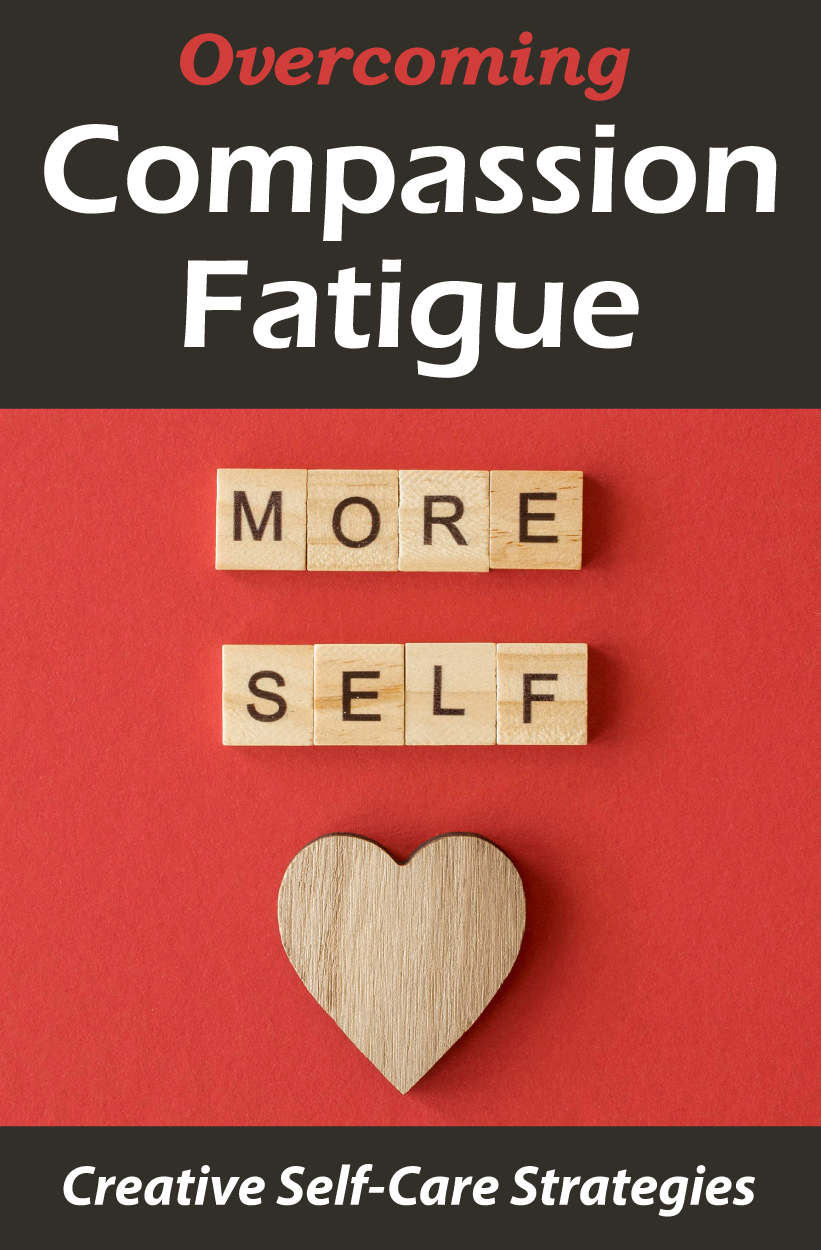We are launching our new website logins, account creation, and purchases are restricted. Any course activity is not being recorded until the new site has launched. Expected Launch Time 8:00pm EST Nov 20th.
SALE
$14.5
REG. $29

Related Courses

School Refusal Behavior: Children Who Can’t or Won’t Go to School

Motivation: Igniting the Process of Change

Overcoming Compassion Fatigue: Creative Self-Care Strategies
Poise: The Psychology of Posture
Claire Dorotik-Nana, LMFT
CE Credit: 2 Hours
Target Audience: Counseling CE | Social Work CE | Occupational Therapy CEUs | Marriage & Family Therapy CE | School Psychology CE | Teaching CE
Learning Level: Introductory
Course Abstract
Poise: The Psychology of Posture is a 2-hour online continuing education (CE/CEU) course that explores how body language can be used to better understand our clients and improve their lives.
It is said that non-verbal communication represents two-thirds of all communication. Whether it be through gestures, posture, facial expressions, personal space or eye contact, how we position and move our bodies sends a message to those we are speaking to. Our poise is often a very telling look into how we feel, and can be used as a tool to assess, and even change, psychological state.
This course will explore the body language of poise – how we hold ourselves, position our bodies, sit, stand, walk, and carry ourselves – to examine the link between posture and psychology, an exciting new field called psychobiomechanics. We will look at the research on psychobiomechanics and the science behind body/mind (also known as bottom-up) approaches. Then we will explore what poise can tell us about how to detect common psychological conditions such as depression, anxiety, fear, anger, and mistrust. Lastly, we will learn the powerful skills needed to utilize poise to overcome fear, build confidence, connect with others, and call upon our best selves.
Closeout Course #21-27 | 2018 | 31 pages | 15 posttest questions
Learning Objectives
Professional Development Resources, #1046, is approved as an ACE provider to offer social work continuing education by the Association of Social Work Boards (ASWB) Approved Continuing Education (ACE) program. Regulatory boards are the final authority on courses accepted for continuing education credit. ACE provider approval period: 6/12/2022 - 6/12/2025. Social workers completing this course receive 2 clinical continuing education credits.
Professional Development Resources is CE Broker compliant (#50-1635 - all courses are reported within two business days of completion). Professional Development Resources, Inc. is recognized by the New York State Education Department's State Board for Social Work as an approved provider of continuing education for licensed social workers (#SW-0664 - Note: New York social workers will receive 2 continuing education credit(s) for completing this self-study course). Professional Development Resources is also approved by the Texas State Board of Social Worker Examiners (#5678).
This online course provides instant access to the course materials (PDF download) and CE test. The course is text-based (reading) and the CE test is open-book (you can print the test to mark your answers on it while reading the course document).
Successful completion of this course involves passing an online test (80% required, 3 chances to take) and we ask that you also complete a brief course evaluation. Click here to learn more.
Have a question? Contact us. We’re here to help!
Claire Dorotik-Nana, LMFT, is a Licensed Marriage and Family Therapist who specializes in post-traumatic growth, optimal performance, and wellness. She is licensed to practice in California and Colorado. Claire earned her BS in Kinesiology and worked as a personal trainer for years before becoming a course developer for International Sports Science Association. Claire is always thinking about ways to improve physical fitness and nutrition as a modality for improving mental health. She also writes in her popular blog, Leveraging Adversity on Psychcentral.
Disclosure:
Financial: Claire Nana receives author compensation from Professional Development Resources.
Nonfinancial: No relevant nonfinancial relationships exist.
Customer Reviews